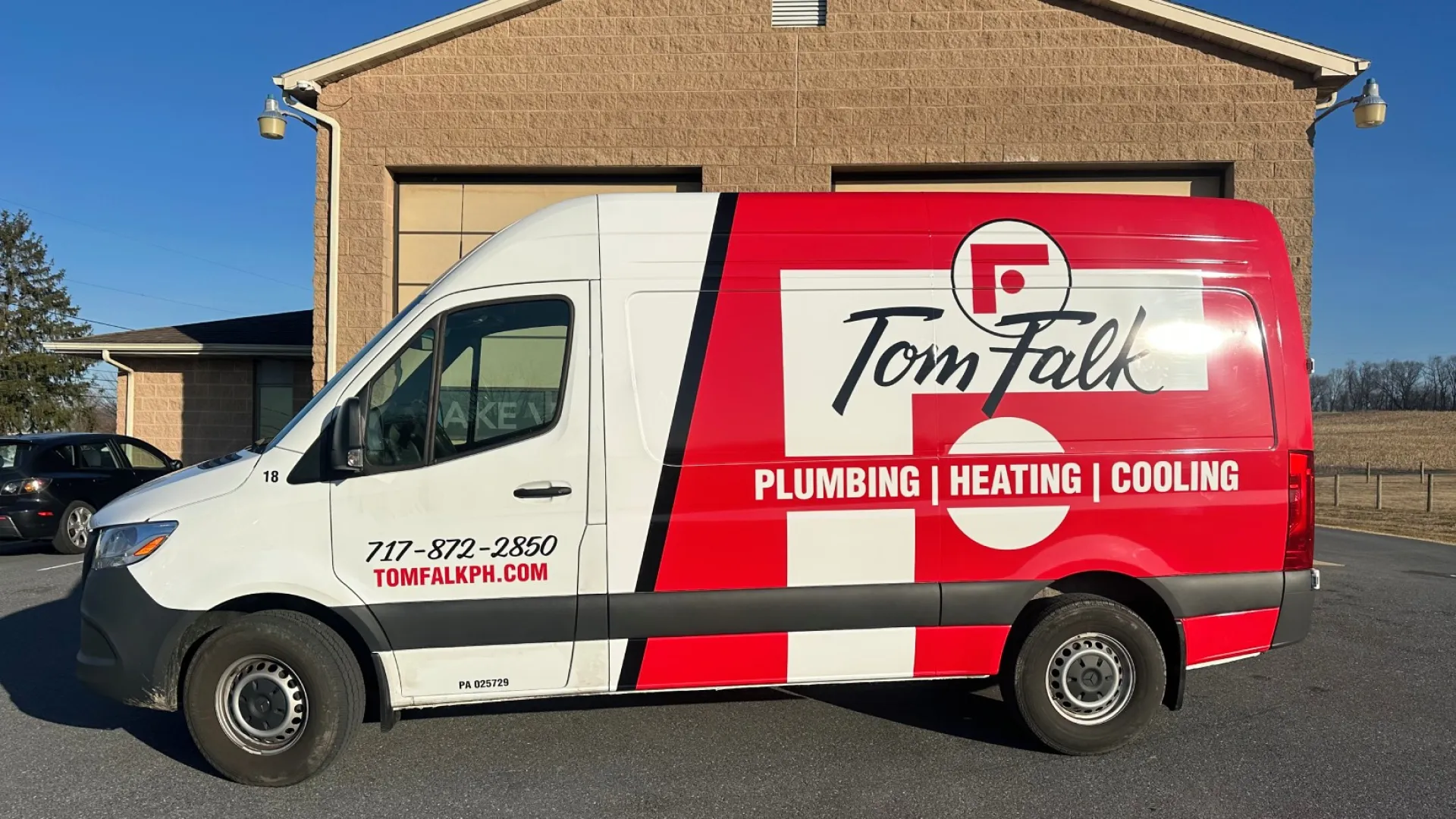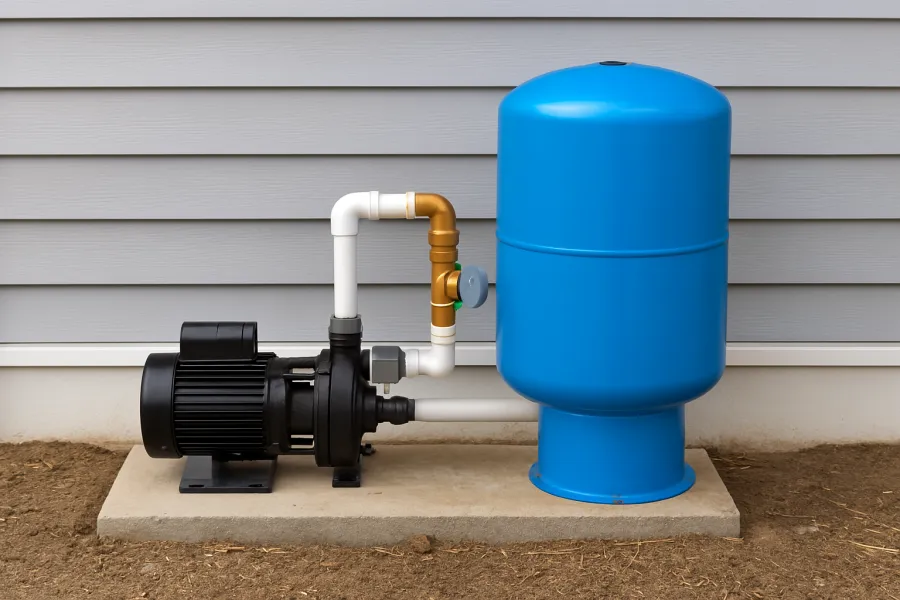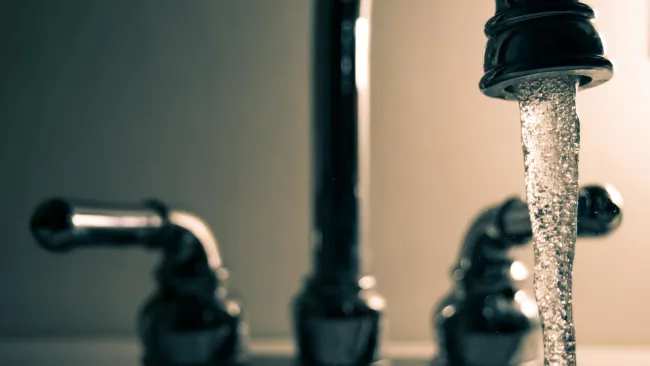
Trusted Experts In Well Pumps In Millersville, PA

Lancaster, PA's Most Trusted Experts For Well Pumps
As Lancaster, PA's trusted choice for well pump services, we help homeowners maintain consistent water pressure and dependable access to clean water. Whether you're dealing with no water, low pressure, or an aging well pump system, our team will assess the issue and provide the right solution with minimal disruption.
With over 60 years of experience, we handle every well pump repair and replacement with precision and care, making the process as smooth as possible. Count on Tom Falk Plumbing & Heating for reliable well pump service—schedule your appointment today.
Common Signs Your Well Pump Is Failing
Your well pump plays a vital role in delivering clean, reliable water to your home. When it starts to fail, the warning signs can show up in your water pressure, quality, and even your utility bills. Catching these issues early can help you avoid costly repairs or water outages. Here are some common signs that your well pump may be failing.
- No water or low water pressure
If your faucets suddenly stop producing water or the pressure drops significantly, your well pump may be struggling or completely shut down. - Air sputtering from faucets
When you turn on a faucet and air spits out before water flows, it could be a sign that air is entering the plumbing system due to a faulty pump or a problem with the pressure tank. - Dirty or cloudy water
Discolored or muddy water can indicate the pump is pulling up sediment from the bottom of the well, which may mean it's not functioning properly or is improperly positioned. Pump constantly running
If your pump runs nonstop or cycles on and off frequently, it could be due to a pressure switch issue, a failing pump, or a leak in the system.
Strange noises from the pump or plumbing
Grinding, humming, or rattling sounds coming from the pump or pressure tank could signal mechanical failure or motor issues.High electric bills
A failing pump often runs more than it should, which can result in a noticeable increase in your electricity usage and monthly utility bills.Fluctuating water pressure
Inconsistent water flow, especially while using multiple fixtures, may point to a weakening pump or a failing pressure tank.Water with an unusual taste or smell
If your water begins to smell metallic, musty, or like sulfur, it may be a sign the pump is bringing up contaminated or deep well water due to a malfunction.
Reviews From Our Customers
Frequently Asked Questions
How long does a well pump typically last?
Most well pumps last 8 to 15 years, depending on the type of pump, water quality, and how heavily the system is used.
What should I do if my well pump stops working?
First, check your circuit breaker and pressure switch. If everything looks normal and you still have no water, call a professional for inspection and repair.
How often should a well pump be serviced?
We recommend having your well system inspected once a year to check water pressure, electrical components, and overall system performance.
What’s the difference between a jet pump and a submersible pump?
A jet pump is typically mounted above ground and uses suction to draw water, while a submersible pump is installed inside the well and pushes water to the surface. Submersible pumps are more common for deeper wells and tend to be more efficient and quieter.


